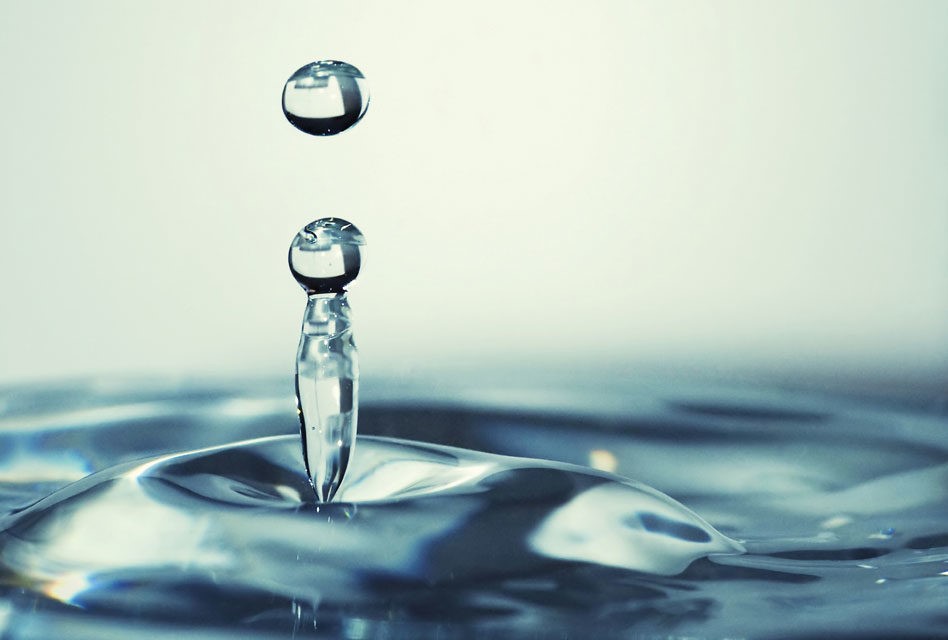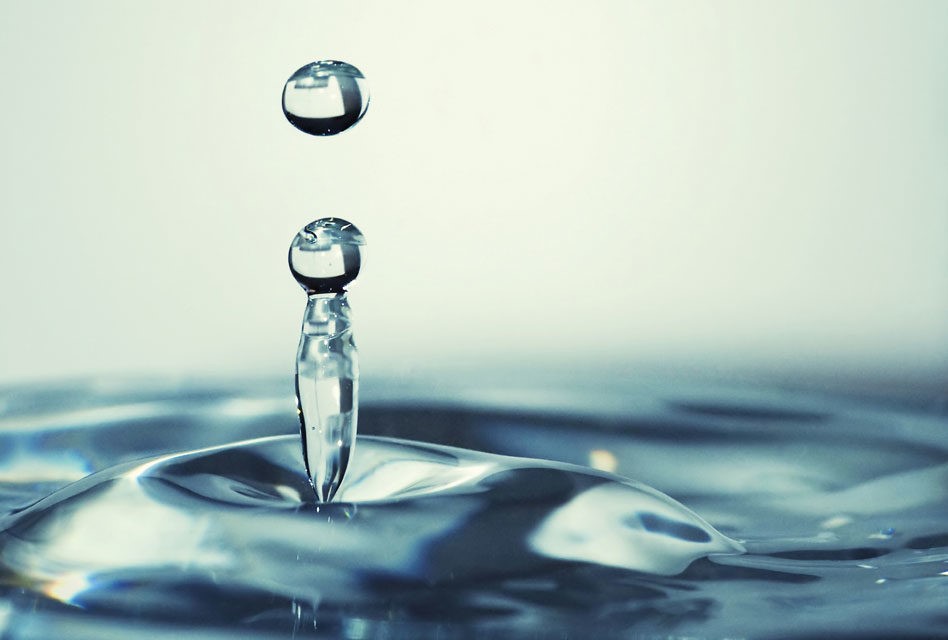Water and Sanitation

Programme Structure
Second Semester
ASP African Studies
.
BIO103 Data Collection and Analysis
.
CHE 110 Practical Introductory Organic Chemistry
.
CHE108 Introduction to Organic Chemistry
.
CMS 108 Communicative Skills II
This is a follow-up course on the first semester one. It takes students through writing correct sentences, devoid of ambiguity, through the paragraph and its appropriate development to the fully-developed essay. The course also emphasizes the importance and the processes of editing written work.
ITS101 Information Technology Skills
.
MAT102 Analytical Geometry and Calculus
.
PHY102 General Physics II (Theory)
.
PHY104 General Physics II (Practical)
.
First Semester
BIO101 Diversity of Living Organisms
.
CHE 107 General Chemistry
.
CHE 109 Practical General Chemistry
.
CMS 107 Communicative Skills I
Engaging in academic work at the university is challenging. This course is aimed at equipping fresh students to make the transition from pre-university level to the university level. It assists them in engaging and succeeding in complex academic tasks in speaking, listening, reading and writing. It also provides an introduction to university studies by equipping students with skills that will help them to engage in academic discourse with confidence and fluency.
ILT 101 Information Literacy
The rationale of the course is to equip students with skills that will enable them access and retrieve information in the traditional, hybrid and digital libraries. Students will be able to use ICT efficiently and effectively when they have basic knowledge of computers. The course content include: Types of libraries, library resources and their uses, the role the library plays in the academic community, introduction to computers, the internet.
MAT 101 Algebra and Trigonometry
.
PHY 101 General Physics I (Theory)
.
PHY 103 General Physics I (Practical)
.
Second Semester
CHE 206 Safety in the Chemical Lab
.
CHE208 Physical Chemistry II
.
CWS 204 Practical (Environmental Microbiology)
.
CWS 206 Fluid Mechanics II
.
CWS202 Environmental Microbiology
.
CWS208 Introduction to Environmental Quality
The objective of the course is to help students appreciate how the quality of the environment is affected (improved or deteriorated) by various natural processes and human activities. Students are introduced to parameters used to describe water and air quality. The course identifies natural processes which lead to improvement in water and air quality (such as photosynthesis and microbial degradation of pollutants) , as well as the human activities which produce micro and macro pollutants leading to greenhouse effects, depletion of stratospheric ozone, climate change, acid rain, eutrophication and deforestation. The course also covers the natural processes which occur in lakes and rivers and the management measures to control human interference in water bodies.
CWS212 Environmental Sanitation Systems
The course discusses waste generation (human excreta and sullage) and methods of disposal suitable to low-income communities. These include onsite sanitation systems (pit latrines, ventilated improved latrines, aqua privies, pour flush systems, septic tanks), and offsite sanitation systems (bucket latrines, vault system etc.). It also covers the basic criteria which govern the design or sizing of such facilities for domestic and public use. Operation and maintenance requirements for type of facility are also discussed.
MAT202 Vector Algebra and Differential Equations
.
PHL205 Critical Thinking and Practical Reasoning
.
First Semester
CHE203 Physical Chemistry
.
CHE207 Practical Physical Chemistry
.
CSC105 Foundations of Computing
.
CWS201 Environmental Chemistry
The course is designed to explain the chemical reactions and processes which take place in the natural and engineered environments. It covers the equations and calculations of reactions in water (acid/base, redox reactions, precipitation and complex formation) and reactions at surfaces (adsorption and ion exchange). Students are introduced to colloids, surface and analytical chemistry. The course also covers the applications of chemical principles in water and waste water engineering. The main categories of organic compounds with emphasis on frequently occurring compounds of sanitary significance are discussed, as well as biological reaction types.
CWS203 Fluid Mechanics I
The objective of the course is to introduce students to the concept of fluid mechanics with emphasis on fluid statics. It provides students with the concept of a fluid, properties of the velocity field, thermodynamic properties of a fluid, viscosity and other secondary properties of fluids, flow patterns, pressure and pressure gradient, equilibrium of a fluid element, hydrostatic pressure distributions and their applications to manometry, hydrostatic forces on plane surfaces, hydrostatic forces on curved surfaces, hydrostatic forces on layered fluids, buoyancy and stability, pressure measurement.
CWS205 Introduction to Public Health and Water-borne Disease
The objective of this course is to help students to develop an understanding of how the management of water, sanitation, and hygiene affects population and public health. It is aimed at providing students with the realities on public health as it exists to enable them make informed decisions and conscious choices that will always lead to sustainable management of water resources and environmental sanitation systems. Topics to be discussed in this course will include: link between water, sanitation, hygiene, health and growth, mortality and morbidity rates, incidence and prevalence of water-related diseases in Ghana and the world, different types of water related diseases and their modes of transmission. Engineering and non-engineering prevention, control and eradication mechanisms of water-related diseases will also be discussed.
CWS207 Ecological Studies
The course examines environmental factors and their effects on the distribution and abundance of organisms. It also discusses the structure and dynamic aspects of populations, population interactions and regulatory mechanisms, concepts of community and the ecosystem, energy flow in ecosystems, trophic levels, and human ecology. Field studies will include population densities, species diversity, evenness and richness and patterns of distribution. These will be related to environmental conditions.
MAT203 Further Calculus
.
First Semester
CHE301 Analytical Chemistry
.
CWS302 Engineering Hydrology
The course introduces students to the meaning and application of Hydrology in water resources and
environmental engineering. It is designed to include all the components of the hydrologic cycle.
Students will be taught to appreciate how changes in precipitation, evapotranspiration, run-off and
groundwater flow affect the hydrologic cycle and the water resources of the world. Measurement and
analysis of the various components of the cycle and statistical methods in determining the erratic nature
in time and space of each component would be discussed. Where applicable, computer programs
associated with modern hydrology will be made available to student to enable them appreciate the
course.
CWS304 Applied Hydraulics
This course is designed to deal with the practical concepts in water supply and other systems involving the flow of water. It explains the energy considerations that underlie such systems and the use of pumps and their associated energy requirements. It also deals with the flow of water in open channels as in urban drainage and irrigation systems. The course further introduces students to the use of dimensional analyses and their application in hydraulic similitude.
CWS307 Solid Waste Management
This course aims to introduce students to the concepts of Integrated Waste Management (IWM) and Integrated Sustainable Waste Management (ISWM) to enable them contribute to address the mirage of solid waste challenges in the country. Topic to be discussed in this course will include: solid waste generation patterns, the concept of waste segregation, collection, treatment and disposal mechanisms, recycling recovery and organic valorization, inclusive solid waste governance, sustainable solid waste financing, legislation, regulation, policy initiatives. Emphasis will also be laid on controlled landfills, waste-to-energy and solid waste management strategies.
CWS308 Water Abstraction
This course is designed to introduce students to the various processes involved in water abstraction. It
includes site selection, geophysical survey, drilling and drilling equipment, choice of drilling equipment,
groundwater yield and distribution, well testing and maintenance. The course also covers surface water
collection and storage. This includes intake systems, raw water storage reservoirs, bank infiltration,
small dams, surface and deep well infiltration.
CWS310 Water Transport and Distribution
The course is intended to introduce students to water transport, storage and distribution systems, and the
hydraulic calculations involved. It covers the factors affecting water demand and its management. It
also covers the operation and maintenance of water transport and distribution systems. Students are
introduced to the use of computer software for the design of water transport and distribution systems.
CWS311 Process and Unit Operations
The course introduces students to the modelling of environmental processes and unit operations such as
those used in water and wastewater treatment. It covers flows and mass balance equations, rate and state
equations, flux and accumulation, mass transfer phenomenon, reactor types and reaction kinetics. The
course also covers the processes of aeration, sedimentation and filtration, and the equations involved
leading to the sizing of water and wastewater treatment plant units to achieve these processes.
CWS312 Urban Drainage
The objective of this course is to introduce students to wastewater collection and storm water drainage
systems, with emphasis on their significance in the urban environment. Students are introduced to
wastewater and storm water drainage with emphasis on estimation of run-off, types of drainage layout
systems (combined and separate sewer systems), and conventional sewer systems. Causes and
prevention of ground water pollution are also discussed. The course also discusses the causes and
effects of floods, and the engineering and non-engineering systems/measures for flood control. Effects
of urbanisation on drainage and the hydrological cycle are also discussed. Students are introduced to
Sustainable Urban Drainage Systems (SUDS).
Second Semester
CWS306 Wastewater Management
This course is designed to helps students to understand the various technological and natural processes
involved in municipal wastewater (black water and sullage) treatment. Topics to be treated include:
introduction to wastewater treatment, wastewater characterization, wastewater flowrates and
constituents loadings, physical unit operations, chemical unit operations, introduction to biological
treatment of wastewater, suspended growth biological treatment processes, attached growth and
combined biological treatment processes, anaerobic suspended growth and attached growth treatment
processes, disinfection, sludge treatment and disposal and process control and upgrading of treatment
plant performance. Students will also be introduced to the design of treatment plants and unit processes;
and will embark on field trips to wastewater treatment plants in Ghana to observe and relate theory to
practice.
CWS316 Irrigation
The course is structured to introduce students to the fundamentals of irrigation systems. It covers
irrigation methods, water quantity and quality requirements for various crops. It also deals with the
design, operation and maintenance of irrigation systems. The management of effluents from irrigation
schemes, especially water reuse, are also discussed. The course also deals with the impact of irrigation
activities on groundwater quality.
CWS318 Industrial Attachment
Students will spend six weeks in industry for practical training. They will be expected to present a
report after the attachment. The attachment will take place during the vacation after Level 300.
CWS320 Practical (Water/Wastewater Quality Analysis)
.
CWS399 Research Methods
.
ENT302 Introduction to Entrepreneurship
.
First Semester
CWS401 Water Treatment
The objective of this course is to cover the technologies that are applied to the treatment and purification
of water. The course attempts to provide as wide a coverage as possible those technologies applicable to
water (e.g., drinking water). The methods and technologies discussed are a combination of physical,
chemical, biological, and thermal techniques. The course also highlights processes and plants for
groundwater treatment. Basic concepts in plant design and their operation and maintenance are
introduced. The course also introduces process control, performance evaluation and rehabilitation of
plants.
CWS403 Planning and Infrastructure
This is a follow-up course to Wastewater Management. It pays particular attention to industrial and
special wastewater such as hospital wastewater and their advanced treatment options. Students will
appreciate the stringent effluent requirements of industries and hospitals and the need for them to
minimize and conserve water. The course is intended to strengthen the understanding of students on all
kinds of wastewater and their different treatment processes.



